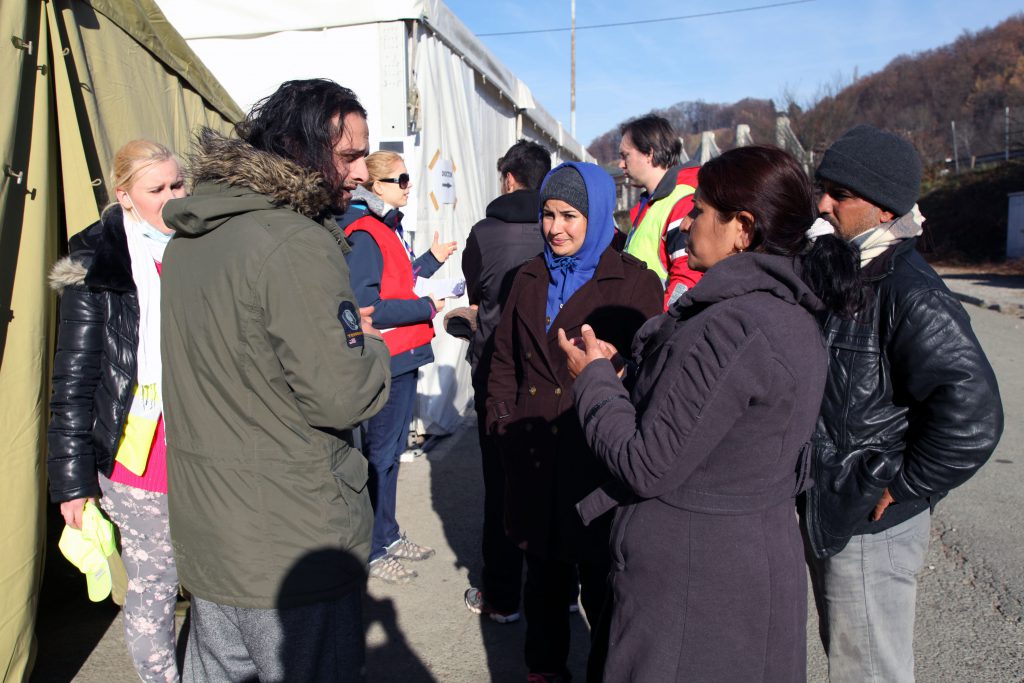Afghanistan: provide humanitarian help to locals, MEPs urge

Europe must provide humanitarian aid, and reach unity on handling migration, according to MEPs speaking at an extraordinary meeting in the aftermath of the Taliban takeover of Afghanistan.
Speaking at the extraordinary meeting of the Committees on Foreign Affairs and Development and the Delegation for Relations with Afghanistan, EU High Representative and European Commission Vice-President Josep Borrell said that the situation in Afghanistan “is a catastrophe” for Afghans and for the west. He also stated that the “EU is ready to discuss humanitarian aid with the Taliban” but emphasised that “this does not mean the regime has been politically recognised.”
Speaking of the longer-term perspective, Mr Borrell said that “there are lessons to learn from the failure of this nation building operation. The US has spent 300 million dollars a day for 20 years, ultimately with very modest results”, adding that the US now questions whether nation building had ever been the goal.
In their reactions, most MEPs called for the rescue of Afghan citizens who have worked for the EU or who have worked to advance shared values. They also called for help to be given to countries neighbouring Afghanistan that may receive a large influx of refugees, and support for EU countries that may have to accommodate new refugees.
Many speakers emphasised the need to revisit the failures of a two-decade-long intervention, the potential for a renewed terrorist threat under a Taliban regime, and the need to develop a coordinated EU policy towards Afghanistan, Central Asia, and the regional powers active there.
On 15 August, the Taliban reinstated their power in Afghanistan, triggering a crisis in the country with masses trying to escape by air and land. In a statement on Tuesday, 16 August, MEPs called on “all parties to secure and facilitate the safe and orderly departure of foreign nationals and Afghans who wish to leave the country”, adding that Europe bears a “moral responsibility for those who have worked for the EU’s entities, for NATO partners and other international and civil society organisations.”
